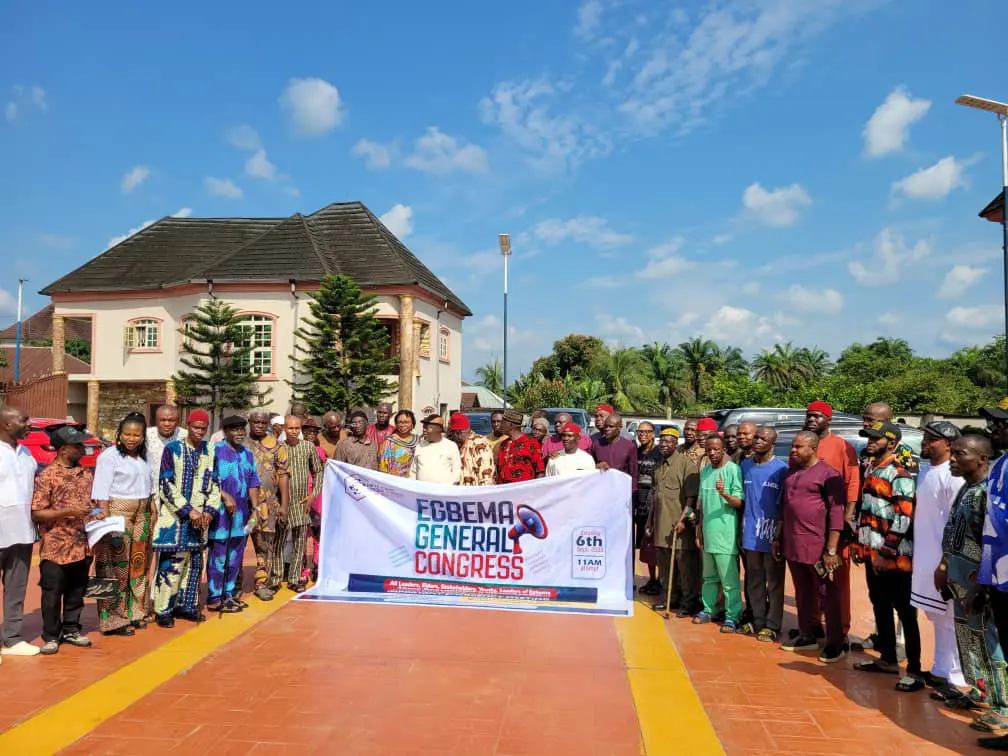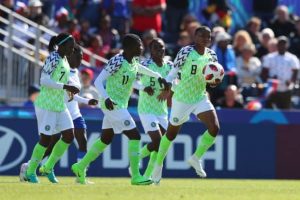
The Egbema Progressive Assembly, a group representing communities from Imo and Rivers States, has renewed calls for the creation of Orashi State as part of ongoing agitations for additional states in the Southeast.
The demand was made at a General Assembly meeting held at the palace of Eze Chadwick Ogor, the paramount ruler of Mgbede Autonomous Community, where traditional leaders, elders, youth groups, women leaders, and other stakeholders resolved to unite under one state.
Chief Convener of the gathering, Prince Nwakibea, said the Egbema people want to be integrated into a single state with at least five new local government areas (LGAs). He stressed that the over 120 communities across Imo and Rivers States possess abundant human and natural resources to sustain themselves as viable local councils.
Chairman of the Congress, J.C. Omaegbu, noted that Egbema remains one indivisible community culturally and geographically but was divided by the creation of states in 1976. He added that the people now want to be reunited through the proposed Orashi State.
In his remarks, Eze Ogor said the “heart and soul of the Egbema Nation” yearn for reunification, insisting that the younger generation is determined to achieve the demand.
Other speakers, including Blessing Obidike, leader of the women’s group, and Henry Alimezie, President of Egbema Youths, pledged their full support for the resolution.
Former Assistant Commissioner of Police, Uche Mike Chukwuma, lamented that the division of Egbema between Imo and Rivers has left the people marginalized, despite the mineral wealth in their land. He accused state governments of exploiting their resources without adequate development, noting that even the Imo State Oil Producing Area Development Commission (ISOPADEC) has neglected Egbema.
Prince Nwakibea further highlighted the lack of electricity, roads, pipe-borne water, and employment opportunities in Egbema communities, despite hosting over seven oil companies.
He explained that the original 16 Egbema communities under the old Ahoada Province were split in 1976, with 13 placed in Imo State and three in Rivers. Since then, the communities have expanded to over 120, which, according to him, justifies their demand for a state of their own.





